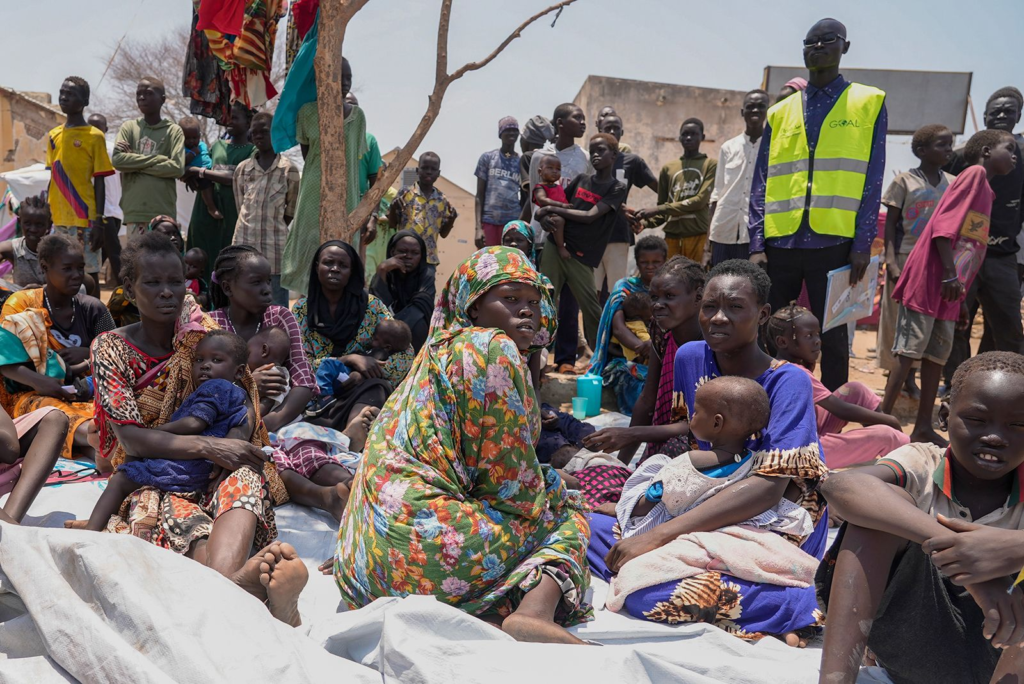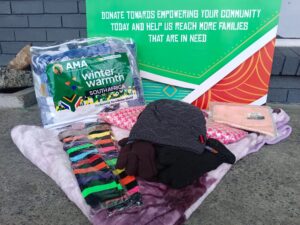
By Iman Zanele Omar
“The struggle in Sudan is ultimately about fighting the same forces of greed, power, racism and imperialism that we are fighting in Palestine - and even here in South Africa”, said Fatima Swatrz during an Africa Day event held in Cape Town recently,
Swatrz, who is the Director of Programmes at the Institute for Healing of Memories (IHOM), who hosted the event, said that the conflict in Sudan is highly overlooked and forgotten in our media and our communities when advocating for issues of justice.
“IHOM aimed to intentionally highlight the issues of violence, ethnic cleansing and genocide that is happening in Sudan because it is a conflict that is forgotten and often not represented in our media so many people don’t understand the complexity of the struggle there or even what is happening and how it relates to us.”
Swarts described the lack of media coverage around the Sudanese conflict as being completely rooted in racism. She said: “We’ve seen this time and time again when the victims of violence are black bodies they are not given the same value and importance as that of the global north and so the reason we hardly see adequate media coverage and why there isn’t a lot of organising around this issue is deeply rooted in racism.”
Swarts said that to stand against injustice, we need to confront these underlying issues as a whole.
“As we’ve been seeing in the Palestinian struggle, it’s not only a struggle for justice but it’s also a deeply spiritual struggle which is what connects us to the issue, and what is happening in Sudan is the same so in terms of our fundamental belief that all lives are of equal spiritual value, we need to acknowledge and confront the issues that separate us from advocating for the cause fully like racism and like classism in order to overcome these larger violent regimes.”
The interfaith community event was aimed at creating awareness around the Sudanese conflict and showing greater solidarity with those suffering within our continent.
Dr Ahmed Hassan, a Sudanese researcher living in South Africa, was the keynote speaker at the event and said the most important thing for people to understand about the conflict in Sudan in terms of injustices to humanity is the devastating impact on civilians. “The effects of what is happening to civilians are devastating, as of March 2024 the UN reported that at least 14 000 to 15 000 people had been killed and 33 000 injured, over 3 million children were acutely malnourished and there were at least 88 cases of sexual assault on women across the country,” he said.
He explained that the Sudanese issue is a humanitarian issue and, therefore, we should all be invested in understanding more about its struggle and advocating for justice. “This is a human issue relating to ethnic cleansing, civilian casualties, sexual violence, displacement and the absence of basic services such as healthcare and education, so we must do the best we can to educate ourselves and those around us.”
Hassan explained that the most important way for South Africans to advocate for Sudan is to challenge the lack of information and media coverage that the conflict receives. He stated, “We need to be more active in spreading knowledge and information about what’s happening by raising awareness through our organisations and on social media, participating and organising seminars to learn and educate people on the conflict, collaborating with organisations and NGOs that are providing aid to Sudanese refugees and also write to the South African government officials, urging them to take a stronger stance on Sudan and support diplomatic solutions.”











